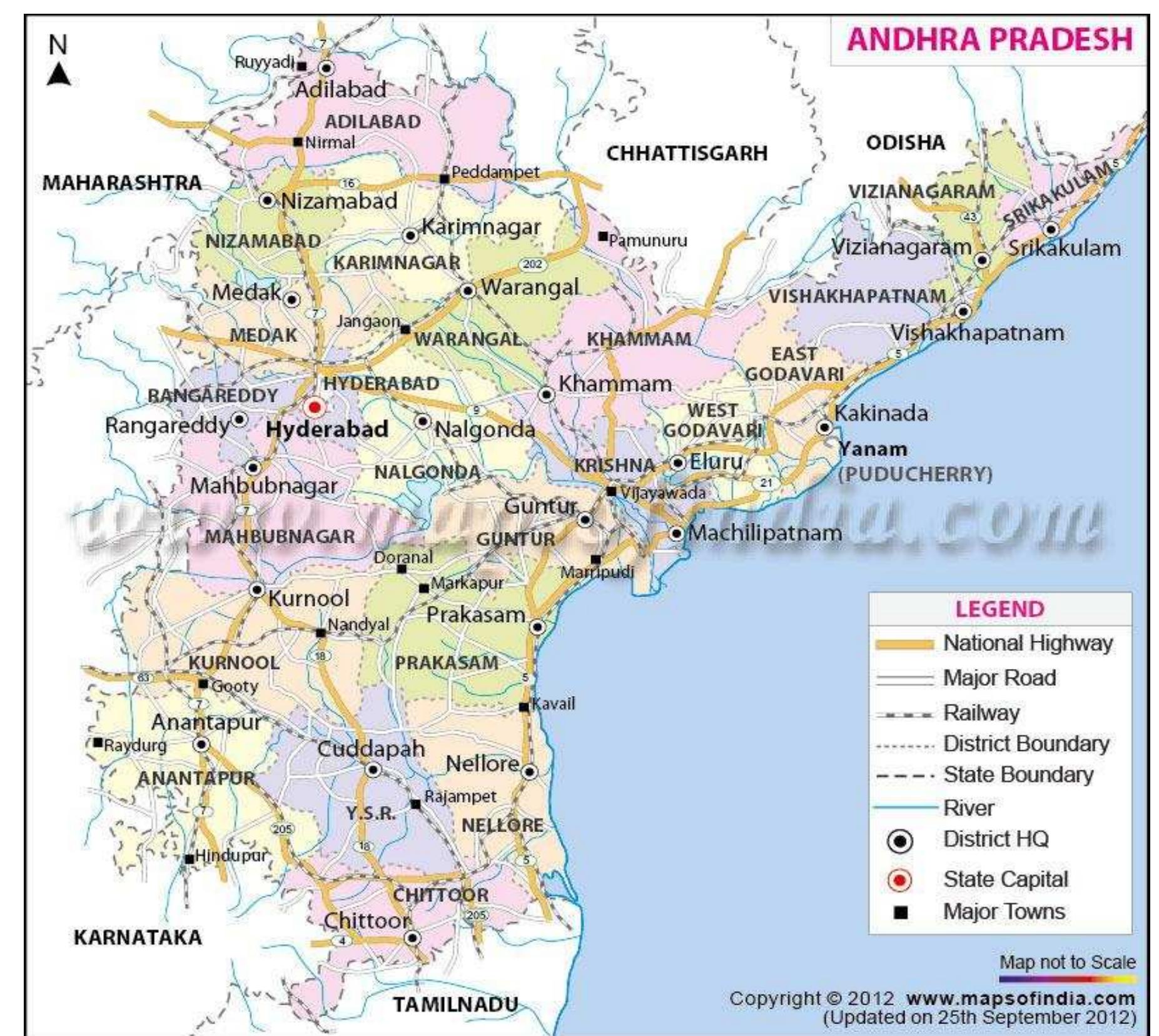This dissertation contains articles on business reengineering and organizational learning published over the last ten years. Chapters 2, 3, and 4 focus on reengineering, while chapters 5 and 6 consider knowledge and learning across...
moreThis dissertation contains articles on business reengineering and organizational learning published over the last ten years. Chapters 2, 3, and 4 focus on reengineering, while chapters 5 and 6 consider knowledge and learning across markets and within organizations. Each chapter is self-contained and can be read as a separate essay. Another way to approach this book is to view reengineering and learning as developments in organization theory. Reengineering can be interpreted as a recommendation to "organize around process," and learning "to organize around knowledge and the construction of meaning." Some theorists believe organization theory to be in a state of disarray . New ideas would emerge from firms and consultancies rather than from academics, and new organizational developments would proceed faster than our capacity to theorize about them. Moreover, there would be hardly any cooperation among and within the different organization disciplines addressing organizational problems, thus obstructing the growth of organization theory. Instead, each organization discipline and every theory group operating in these disciplines would pursue its own specialized research agenda, producing academically rigorous outcomes, but also an increasing divergence from managerial and organizational practice. All these contentions relate to the debate on rigor versus relevance that plays on ongoing role in organization theory. Reengineering and learning can therefore be seen as different, unrelated subjects, and as concepts of organization that can be evaluated in terms of their contribution to organization theory and the debate on rigor versus relevance. The five chapters can be read either way. This chapter serves as an introduction to the five essays. In addition, it poses the question: what can we learn from reengineering and learning if we consider them in the wider context of organization theory and the debate on rigor and relevance that is taking place within this context? I shall first describe the fundamental challenge of organization, and present an overview of the academic disciplines addressing this challenge. In doing so, a distinction is made between economics, organization studies, and organizational economics. Furthermore, the rigor versus relevance debate among and within these disciplines is briefly illustrated. This discussion not only allows me to introduce and summarize the five chapters dealing with reengineering and learning as separate subjects, but also to comparatively assess them in the much wider perspective of organization theory. Chapter 2 is a summary of five articles published in several journals in the early days of reengineering. It introduces the concept of reengineering and a reengineering typology on which the notion of balanced change is developed. Chapter 3 is a complete reprint of an article that reports on a quantitative-empirical study into the relationship between balanced change and organizational performance. It is representative of a number of publications that resulted from this research project. Of chapter 4, in which reengineering is critically assessed and its demise anticipated, four previous versions are in circulation. Learning across markets and within organizations is the subject of chapters 5 and 6. Chapter 5, too, is a complete reprint of a previous publication, whereas chapter 6 is "hot off the press," and has not appeared in a journal yet. In total, this dissertation encompasses 18 publications, which I have collated alone or in






















































































































